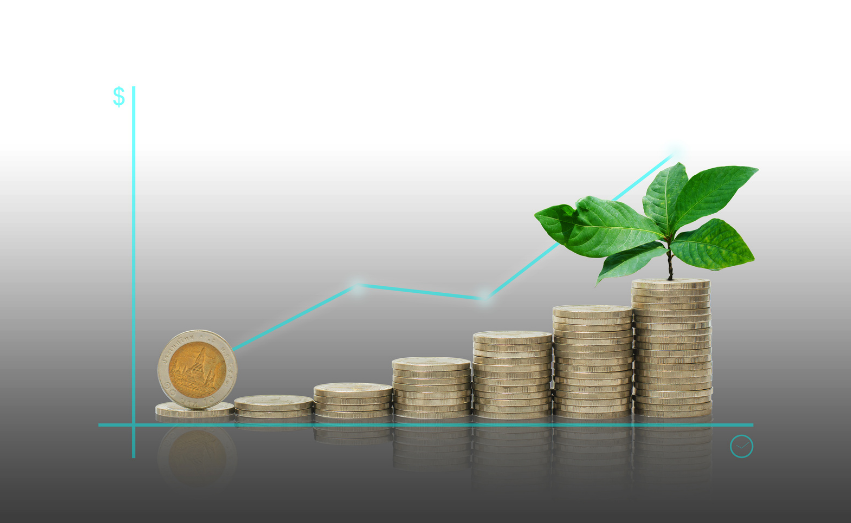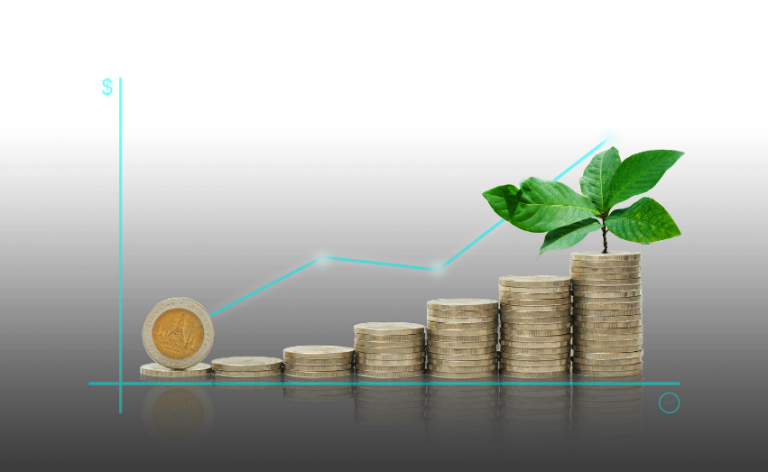Sustainability and ESG: What are they and why should you care?
By now, many of you have digested every nail-biting moment of the 2021 United Nations Climate Change Conference in Glasgow, or COP26. There, in Scotland, the IFRS created the ISSB to assist with standard ESG disclosure standards.
(There is truly nothing like a global conference to create an indecipherable acronymic word salad.)
Sustainability and ESG as concepts, however, began many years before. They seem to be the “next big deal”, so it’s worth understanding:
1. WHAT DO THEY MEAN (to your regulators, shareholders, and the public); and
2. WHY SHOULD YOU CARE?
But first: your solution, personified: The Wallenstein Law Group can help you:
1. Understand standard market practice (and evolving global standards) for ESG in your sector;
2. Design your ESG system and place it under the appropriate function(s);
3. Draft appropriate policies and training regimes to ensure comprehension and adherence; and
4. Measure and monitor the effectiveness of your ESG System.
And now, let’s explore our evolving new standards:
What do they mean?: both “Sustainability” and “ESG” attempt to represent a more stakeholder-centric (as opposed to shareholder-centric) approach to doing business. Traditionally, “ESG” has been understood as “Environmental”, “Social”, “Governance”, though the “S” could also mean “Safety” in many sectors.
Perhaps some (not all-inclusive) examples are in order?:
-
- Environmental: climate change, carbon emission reduction, deforestation, water pollution.
-
- Social: gender and diversity inclusion; human rights; community relations.
-
- Safety: hazardous waste management; extractive regulations and impacts.
-
- Governance: board and exec comp and management; political contributions and lobbying; donations.
For ease of reference, I’ll use the term, “ESG,” to cover all of these concepts.
Naturally, different industries will naturally approach ESG in different ways. (e.g., US sanctions applied against Chinese cotton produced by (alleged) indentured servitude may be less relevant to an oil and gas company than to a textiles company.)
Why should you care? Cost and risk reduction.
Mandatory disclosure requirements are nothing new. (Think: conflicts minerals (US); modern slavery statements (UK); etc.) However, beyond your regulators, a variety of other third parties are now demanding ESG-type disclosures:
-
- Investors are increasingly applying factors (that are non-financial and not regulatorily required) as part of their analysis process to identify material risks and growth opportunities.
-
- Customers (and even some suppliers!) are increasingly demanding adherence to (evolving) ESG standards.
-
- Your competition may increasingly be making disclosures in their annual reports or in a standalone sustainability report.
Yours truly has even seen banks provide interest rate reductions for positive ESG ratings!
Of course, you don’t want to be an outlier in your sector. (Outliers become targets for regulators and activists.)
Reduce your costs and risks! Call us instead!







